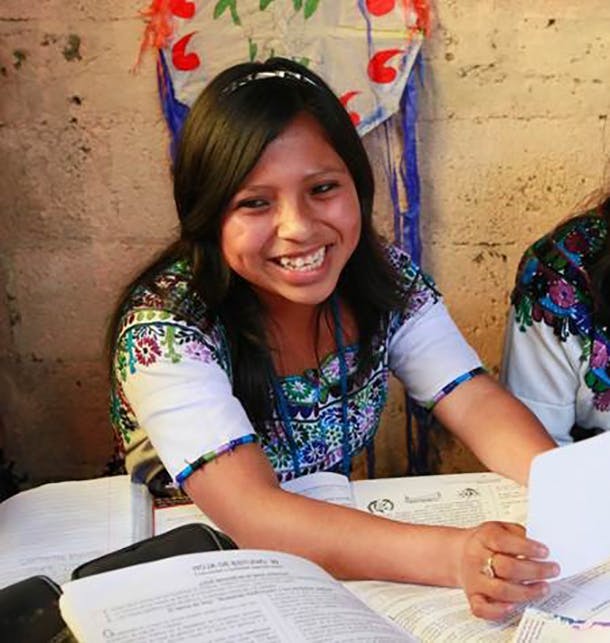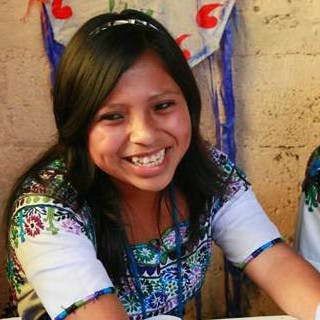
As the dust of excitement around recent big events like the adoption of the Sustainable Development Goals agenda, the signing of the climate change agreement, and the just concluded Women Deliver conference settles a little and we get down to the hard work of making all these exciting goals achievable, I am brought back to the centrality of one particular activity that was very popular a decade and two ago, but now risks becoming just one more thing we must do. This is the subject of investing more and more in education – for boys and girls, but especially for girls.
Schooling and education are agreed to be invaluable by us all; but what we want it for often depends on our own motives and ideals. For far too many governments, schooling is the means to acquire a qualified labor force, or to preach their version of history; for others it is the literacy and numeracy that facilitate better functioning in day-to-day life; for the health sector, it is important because educated mothers have fewer children and healthier children; for the more modern of us, it the “empowering” effect of education that matters.
All these things are extremely important. But most important of all I believe is the role of education in getting individuals to not just know facts and figures, but to think. To think for themselves, to work things out for themselves, to do more than regurgitate information that has been fed to them in school, at home, in the workplace, in politics.
I am reminded of this central duty of education because I recently came across this poem by Kamala Bhasin, a stalwart of the women’s movement in India. Her activism has taken many forms, one of the most effective and inspiring (and rare) being, in my opinion, a number of delightful poems for girls and young women.
Why Study?
A father asks his daughter
Study? Why should you study?
I have sons a plenty who can study
Girl, why should you study?
For my dreams to take flight, I must study
Knowledge brings new light, so I must study
For the battles I must fight, I must study,
Because I am a girl, I must study.
To end men’s violence, I must study
To end my silence, I must study
To challenge patriarchy, I must study
To demolish all hierarchy, I must study
Because I am a girl, I must study
To mold a faith I can trust, I must study
To make laws that are just, I must study
To sweep centuries of dust, I must study
To challenge what I must, I must study
Because I am a girl, I must study
To know right from wrong, I must study
To find a voice that is strong, I must study
To write feminist songs, I must study
To make a world where girls belong, I must study
Because I am a girl, I must study
The girl in this poem is a thinker even before she gets to school. But independent thought is not easy; it requires training. It is also not commonly taught even in otherwise efficient schools, because too often it threatens the status quo and takes students in directions that are troubling to the students themselves. It is also not encouraged because it is believed by many well-meaning people to be elitist, to be the preserve of those with plenty of time and money on their hands.
But it is precisely this elitism that education needs to break down. The mind is such a wondrous thing that it behooves us to develop it in all: rich and poor, male and female and transgender, urban and rural.
These days, much is made of the need for and sufficiency of vocational education – that is certainly important for individuals to rise out of poverty and for national economies to grow. The great admiration of the German model of apprentice and vocational training is therefore justified.
But a fulfilling life requires more than bread and air. It also deserves a developed sensibility that can appreciate the good and the beautiful, that can fight for the right, and that can empathize with the weak. When schooling and education for girls (for everyone really) becomes the means to such mental prowess, we will be closer to achieving the world that the Sustainable Development Goals envisage and closer to treating as natural this happy description in one more of Kamla Bhasin’s poems:
It’s Sunday
Mother’s home and so is father
All of us are here together
Father’s like a busy bee
Making us hot cups of tea.
Mother sits and reads the news
Now and then she gives her views.
It’s Sunday, it’s Sunday
Holiday and fun day….

